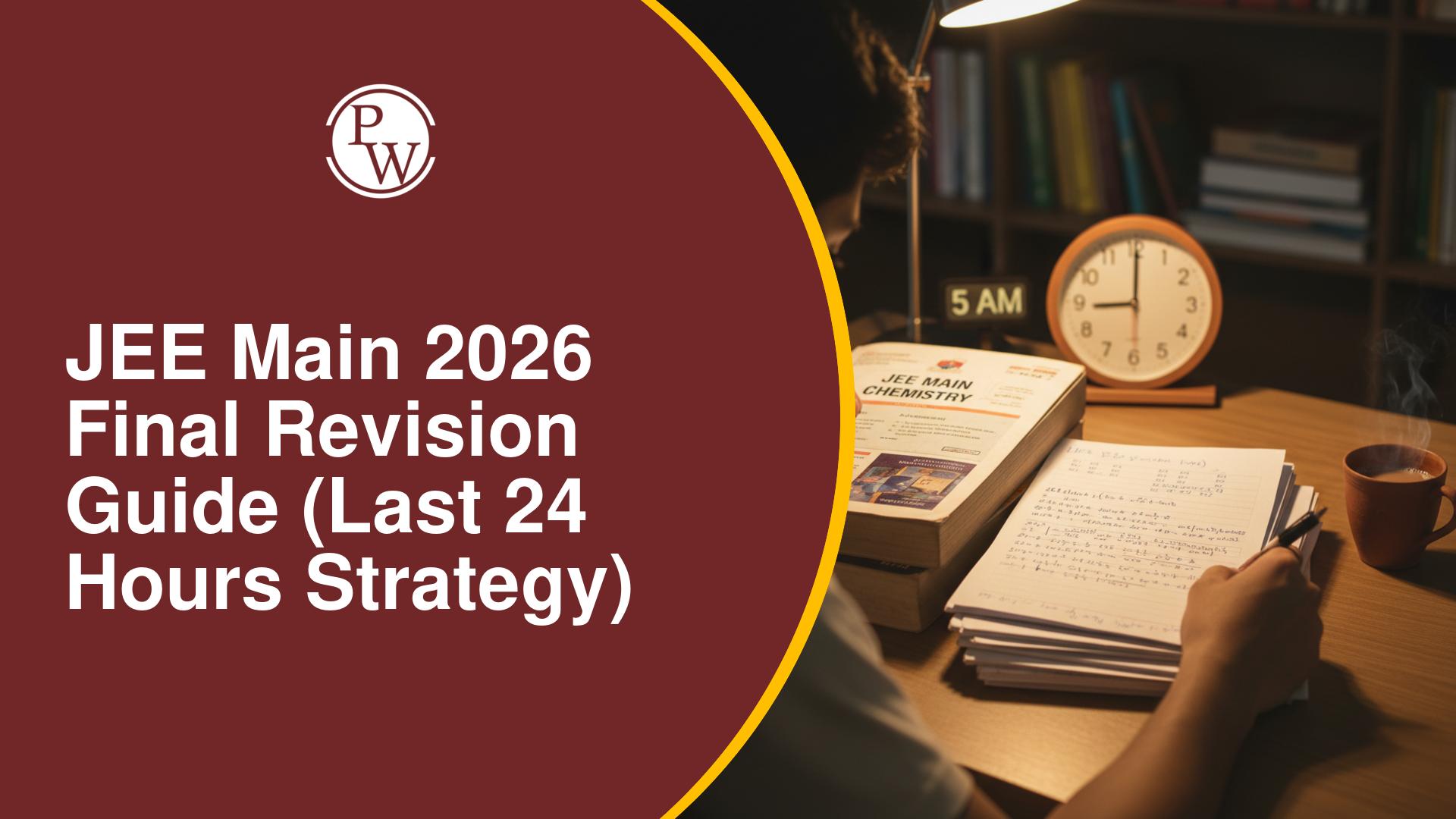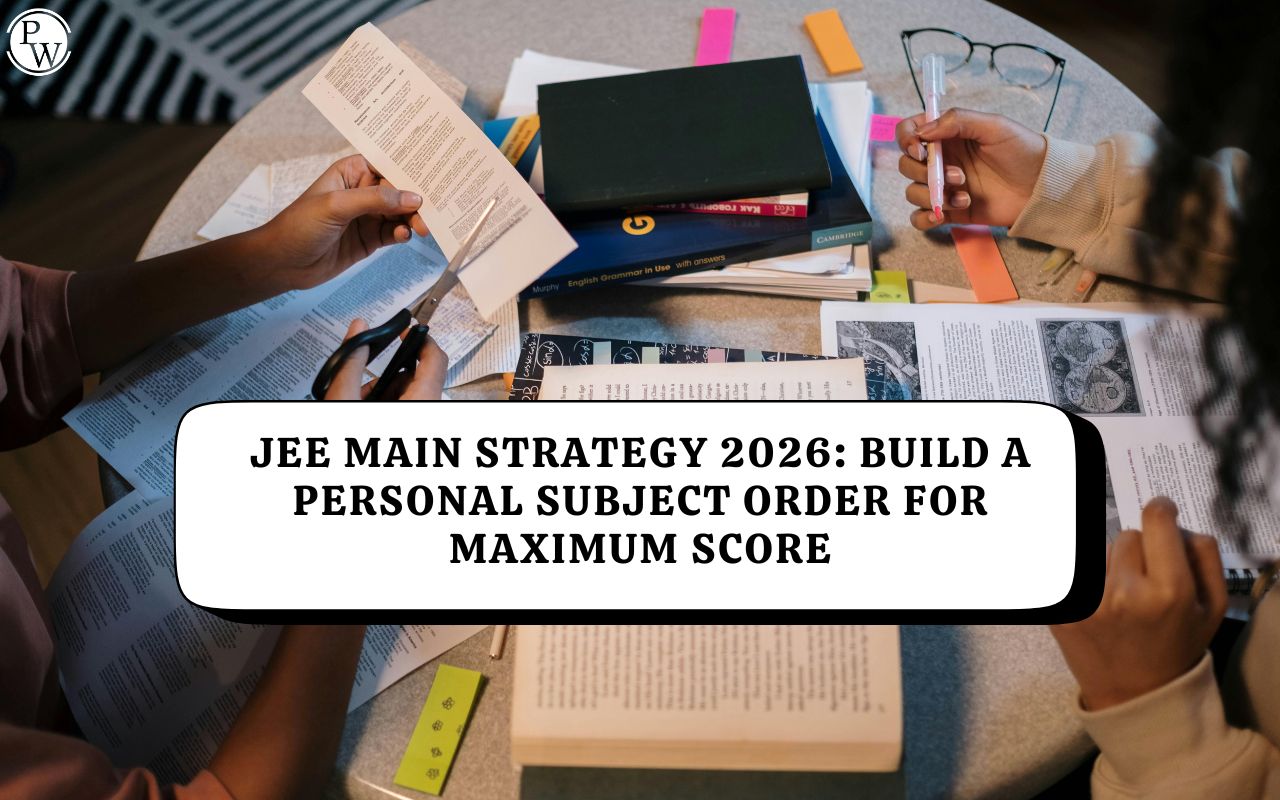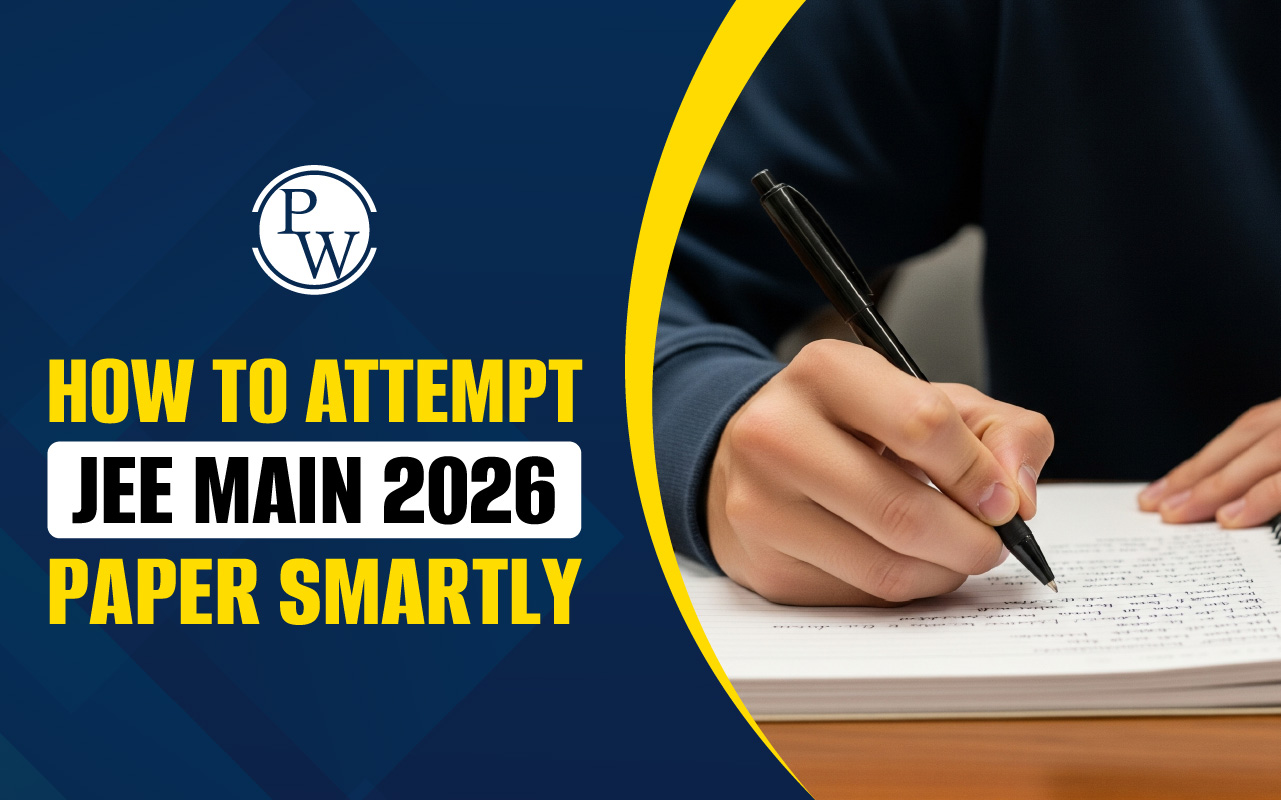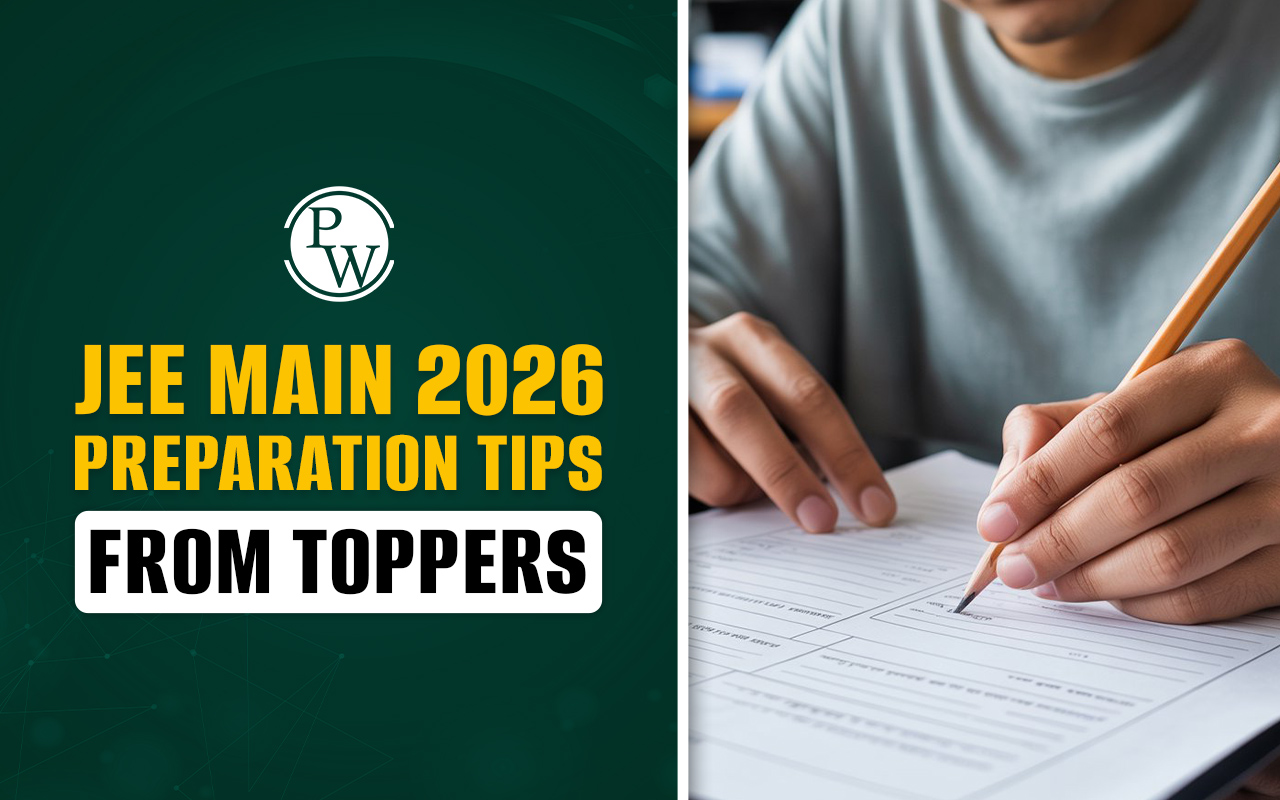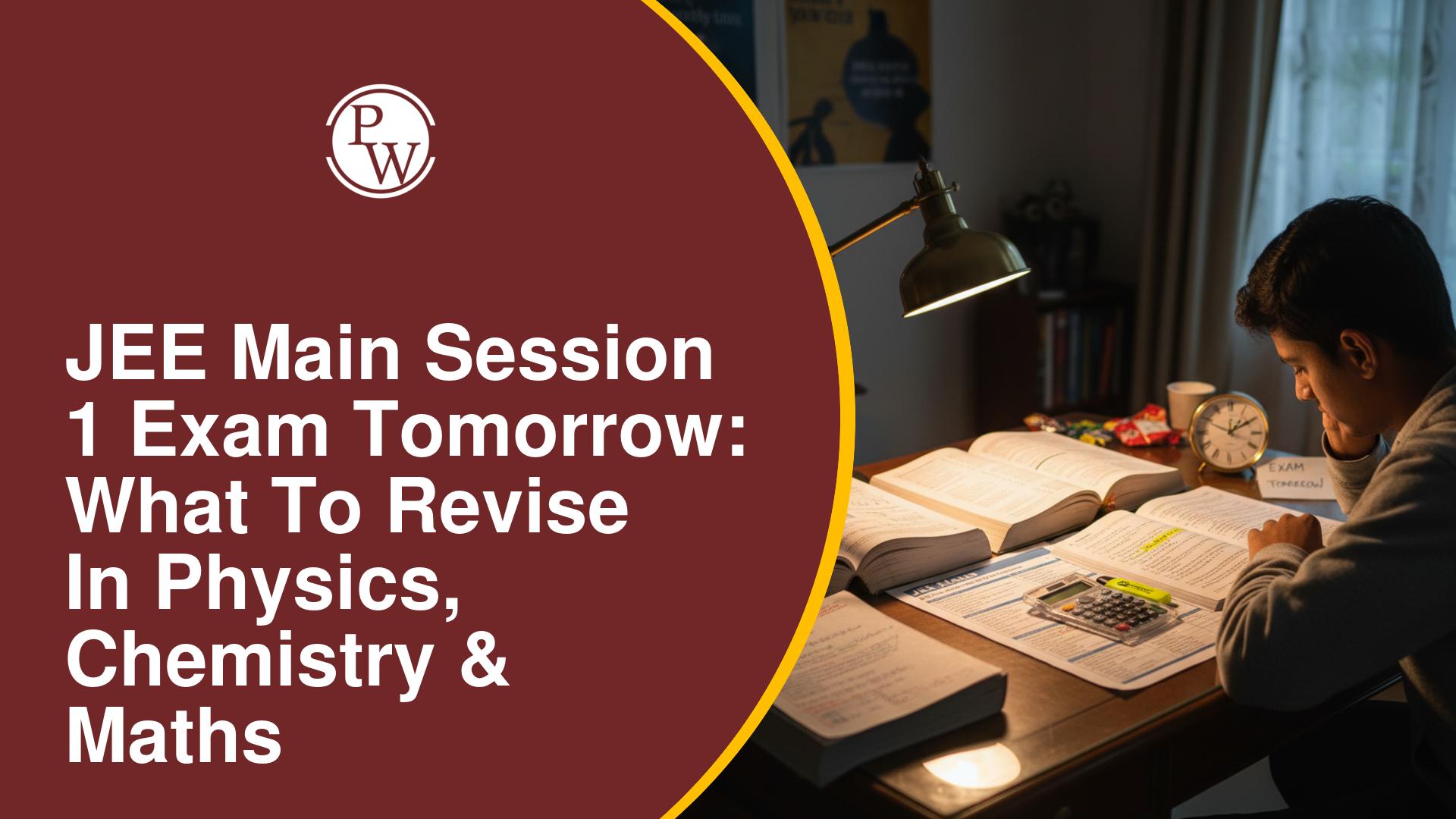
The approach to JEE Main depends entirely on individual strengths and time management. Strategies used by others may not suit you, so the first step is identifying an order that helps you score steadily within three hours. Begin with the subject you handle best, clear the easier questions first, and maintain a steady pace throughout the paper.
A clear personal plan, practiced repeatedly in mock tests, improves accuracy and confidence. Track how much time each section—Mathematics, Physics, and Chemistry—typically takes for you. Use this to build a flexible sequence that helps you finish the paper without wasting time on one difficult question.
JEE Main session 1 2026 exam begins from tomorrow 21st January 2026.
Key Principles for Building an Effective JEE Main Strategy
1. Choosing Your Subject Order
The order of Physics, Chemistry, and Mathematics is entirely individual. Review your mock tests to identify your strongest subject and begin with it to gain early momentum.
2. Using Mock Tests to Fix Yur Sequence
Experiment with different subject orders during mock tests. Compare your timing, comfort, and scores in each attempt. Select the sequence that repeatedly gives you the best results; there is no universally correct order.
3. Knowing the Usual Time Demand of Each Section
Mathematics generally requires around 1 hour 15 minutes because of lengthy calculations. Physics often needs about 55–60 minutes, while Chemistry usually takes 45–50 minutes. Plan your paper accordingly instead of dividing time evenly.
4. Handling Difficult Questions
Move past any question that takes too long or feels uncertain. Mark it and continue. Focus on easy and moderate questions first. Keep at least 10–15 minutes at the end to revisit skipped or starred questions.
5. Staying Steady During the Exam
Remain calm to maintain accuracy. Break subjects into smaller rounds—clear the uncomplicated questions first, then return to the tougher ones. Rely on the strategy you practiced; execution matters far more than a fixed order.
In the end, the JEE Main does not favor any single attempt order. The most effective plan is personal—built through mock tests, based on subject strengths, focused on early scoring, and supported by disciplined time management and a calm approach on exam day.
